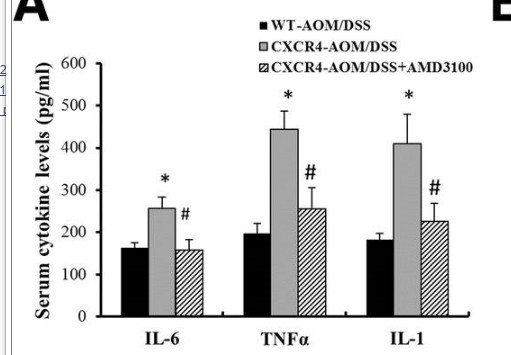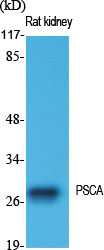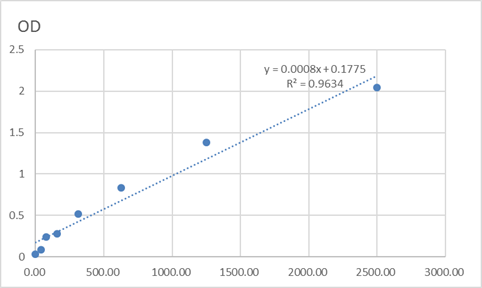Total PSCA Cell-Based Colorimetric ELISA Kit
- Catalog No.:KA3365C
- Applications:ELISA
- Reactivity:Human;Mouse
- Gene Name:
- PSCA
- Human Swiss Prot No:
- O43653
- Mouse Swiss Prot No:
- P57096
- Storage Stability:
- 2-8°C/6 months
- Other Name:
- Prostate stem cell antigen
- Detection Method:
- Colorimetric
- Background:
- function:May be involved in the regulation of cell proliferation. Has a cell-proliferation inhibition activity in vitro.,induction:Down-regulated in gastric cancer cells.,polymorphism:Genetic variations in PSCA may influence susceptibility to diffuse-type gastric cancer.,similarity:Contains 1 UPAR/Ly6 domain.,tissue specificity:Highly expressed in prostate (basal, secretory and neuroendocrine epithelium cells). Also found in bladder (transitional epithelium), placenta (trophoblasts), stomach (neuroendocrine cells), colon (neuroendocrine cells) and kidney (collecting ducts). Overexpressed in prostate cancers and expression is correlated with tumor stage, grade and androgen-independence. Highly expressed in prostate cancer bone metastases. Expressed in gastric epithelial cells, mainly in the isthmus (at protein level). Not detected in normal intestinal epithelium (at protein level).,
- Subcellular Location:
- Cell membrane ; Lipid-anchor, GPI-anchor .
- Expression:
- Highly expressed in prostate (basal, secretory and neuroendocrine epithelium cells). Also found in bladder (transitional epithelium), placenta (trophoblasts), stomach (neuroendocrine cells), colon (neuroendocrine cells) and kidney (collecting ducts). Overexpressed in prostate cancers and expression is correlated with tumor stage, grade and androgen-independence. Highly expressed in prostate cancer bone metastases. Expressed in gastric epithelial cells, mainly in the isthmus (at protein level). Not detected in normal intestinal epithelium (at protein level). Expressed in brain cortex; expression is significantly increased in the front cortex of Alzheimer disease patients.
- June 19-2018
- WESTERN IMMUNOBLOTTING PROTOCOL
- June 19-2018
- IMMUNOHISTOCHEMISTRY-PARAFFIN PROTOCOL
- June 19-2018
- IMMUNOFLUORESCENCE PROTOCOL
- September 08-2020
- FLOW-CYTOMEYRT-PROTOCOL
- May 20-2022
- Cell-Based ELISA│解您多样本WB检测之困扰
- July 13-2018
- CELL-BASED-ELISA-PROTOCOL-FOR-ACETYL-PROTEIN
- July 13-2018
- CELL-BASED-ELISA-PROTOCOL-FOR-PHOSPHO-PROTEIN
- July 13-2018
- Antibody-FAQs



